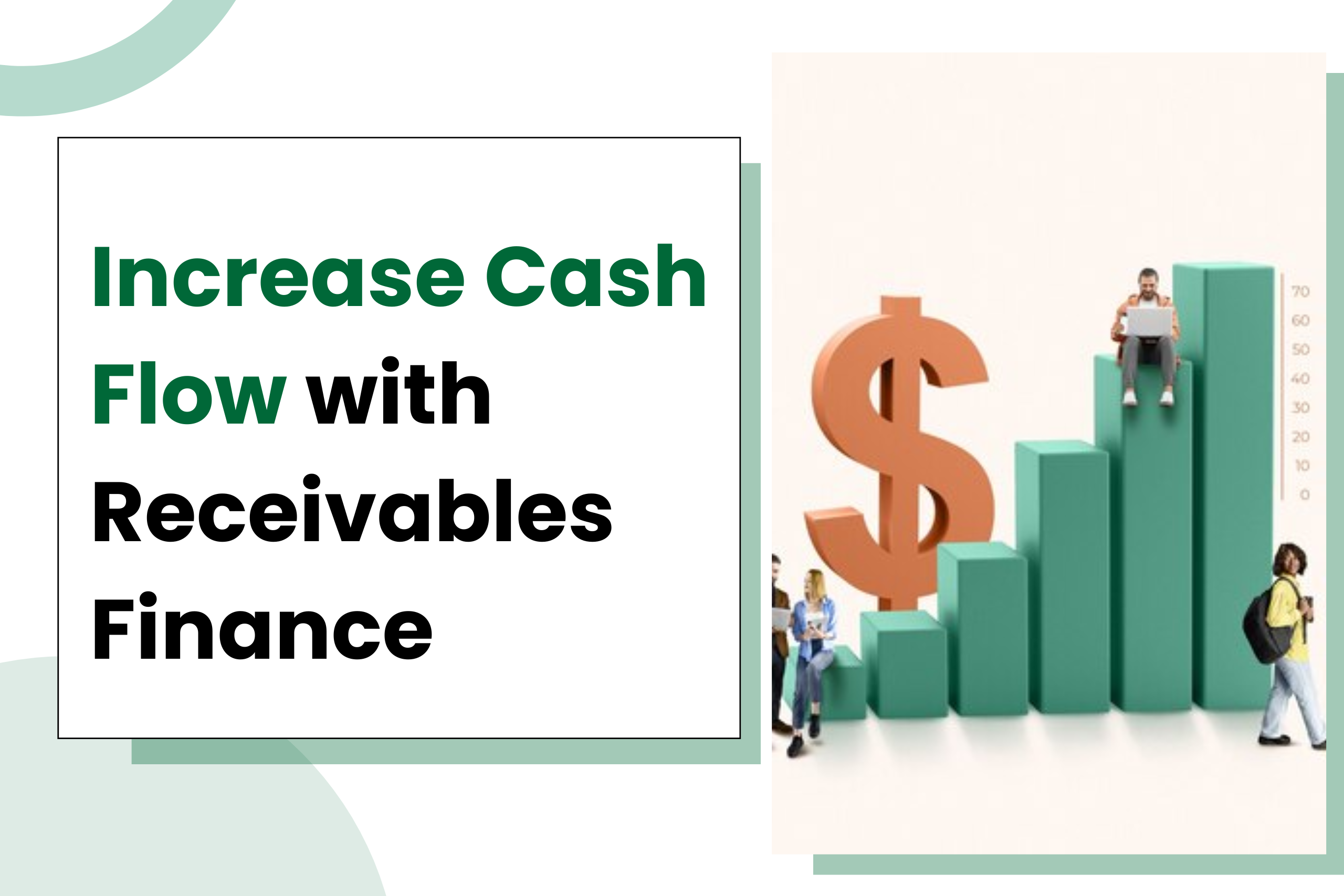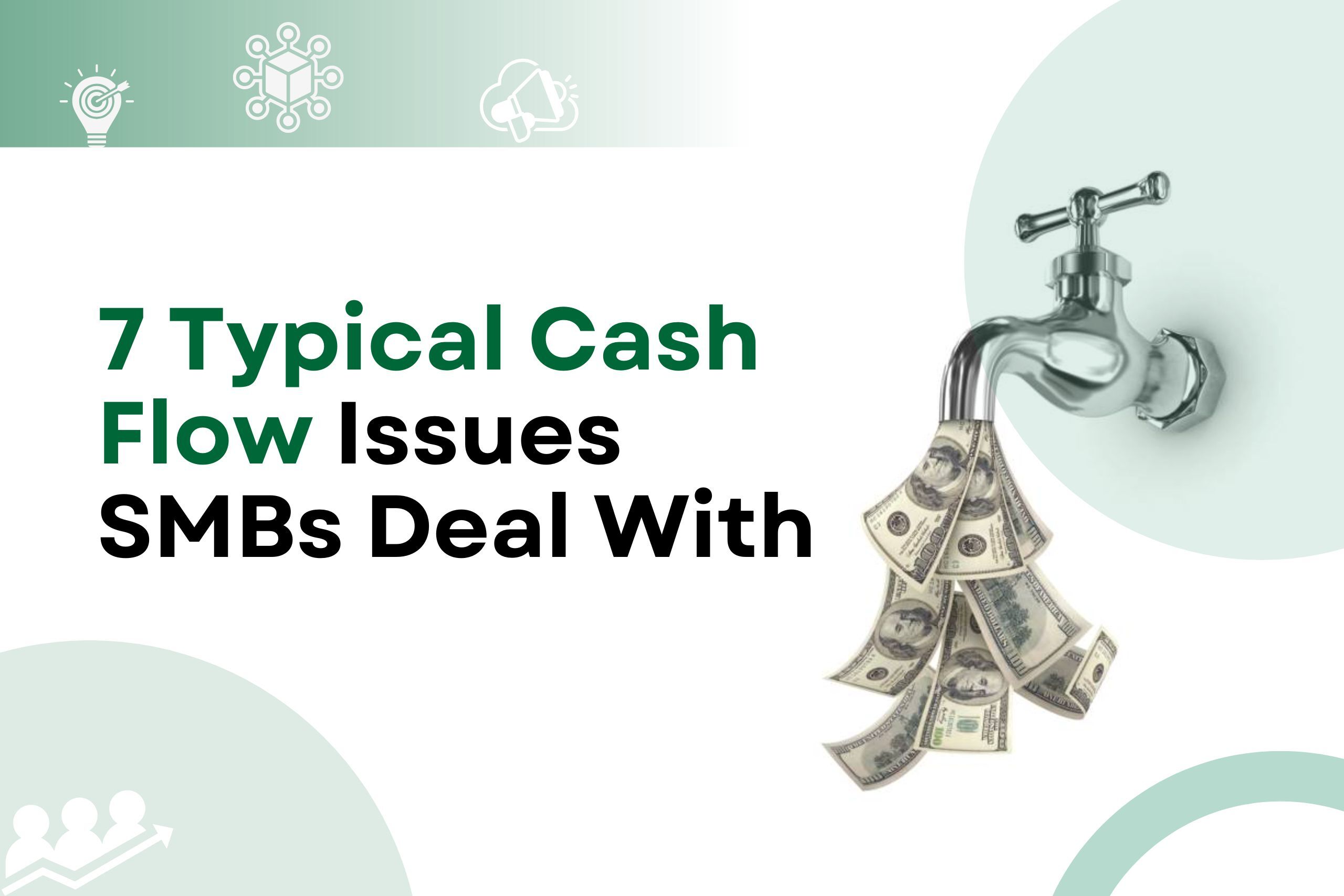Factoring for Startups: A Launchpad for Early Growth
It is known to all that the startup world is thrilling, full of late nights, brilliant ideas, and coffee-fueled brainstorming sessions. But let’s be real—keeping the cash flowing can sometimes feel like trying to fill a leaky bucket. Enter factoring for startups, your new best friend in the entrepreneurial world. Let’s dive into how this financial powerhouse can give your startup the launchpad it needs for early growth. Buckle up, it’s about to get exciting!
Want to read more about the definition of factoring read our blog post here
Why Should Startups Care About Factoring?
1. Cash Flow Superpowers:
In the startup world, cash is king. Or queen. Or supreme overlord. However you slice it, having cash on hand is crucial. Factoring gives you the superpower to convert invoices into cash almost instantly, keeping your operations running smoothly and allowing you to seize new opportunities.
2. Skip the Debt Drama:
Taking on debt can be a real downer, especially when you’re just getting started. Factoring isn’t a loan, so there’s no debt added to your balance sheet. It’s like getting all the benefits of a loan without the annoying repayments and interest rates.
3. Outsourced Collections = More Me Time:
Let’s face it—chasing down payments isn’t exactly what you signed up for. With factoring, the factoring company takes over the collections process, freeing up your time to focus on what really matters: growing your business and perfecting your product.
4. Flexibility That Grows With You:
As your startup scales, so can your factoring arrangements. The more invoices you generate, the more cash you can unlock. It’s a financing solution that grows with your business, giving you the flexibility to adapt to new challenges and opportunities.
5. Strengthen Your Negotiating Power:
With immediate cash flow, you can pay suppliers on time or even early. This can lead to better terms, discounts, and stronger relationships. Basically, you’ll be everyone’s favorite customer.
The Factoring Adventure: How It Works
Issue Invoices: You provide goods or services and send out invoices to your customers.
Sell Invoices: Instead of waiting for payment, you sell these invoices to a factoring company.
Get Cash: The factoring company advances you a significant portion of the invoice value, typically 70-90%.
Collections Magic: The factoring company collects payment from your customers.
Final Settlement: Once the customer pays, the factoring company sends you the remaining balance, minus their fee.
Ready to Dive In? Here’s What to Consider
Cost: Factoring isn’t free—factoring companies like Asset Commercial Credit, charge a fee for their services. Make sure you understand the cost structure and how it fits into your overall financial strategy.
Customer Creditworthiness: Factoring companies will evaluate the creditworthiness of your customers. If your customers have a history of late payments, it might affect your ability to factor those invoices.
Control: You’re handing over control of your collections process to the factoring company. Make sure you’re comfortable with this arrangement and choose a reputable factoring partner.
To learn more about the requirements for account receivable click here
Real-Life Success Story
Meet Lisa, the founder of a tech startup that creates smart home devices. Lisa’s products were flying off the shelves, but her cash flow was struggling to keep up. Traditional loans were out of the question—she didn’t want to take on debt. Enter factoring. By selling her invoices, Lisa unlocked the cash she needed to ramp up production and expand her marketing efforts. Within six months, her revenue doubled, and she was able to secure a major partnership with a national retailer. Boom. 🚀
Conclusion: Factoring – Your Startup’s Secret Weapon
In the wild world of startups, every advantage counts. Factoring can be that secret weapon that helps you maintain steady cash flow, avoid debt, and focus on what you do best—building your business. It’s flexible, it’s powerful, and it might just be the launchpad your startup needs. , her revenue doubled, and she was able to secure a major partnership with a national retailer. Boom. 🚀
A factor is an intermediary agent that provides cash or financing to companies by purchasing their accounts receivables. In short, a factor is a funding source; the factor agrees to pay the company the value of an invoice—less a discount for commission and fees
Factoring allows SMEs to effectively outsource their credit and collection functions to their factor. This represents another important distinction between factors and traditional commercial lenders. These credit and collection services are often especially important for receivables from buyers located overseas
As invoices are raised, the factoring company will provide a percentage of the face value of the invoice to the company e.g. 80%. Depending on the set up, the factoring company will then collect the debt from the customer, remove their fees and send the remaining funds onto the company.
As invoices are issued, the factoring company will provide a percentage of the face value of the invoice to the company e.g. 80%. Depending on the set up, the factoring company will then collect the debt from the customer, remove their fees and send the remaining funds onto the manufacturing company.
In the process of factoring, businesses sell their slow-paying invoices — or accounts receivable — to a third-party factoring company. This company immediately pays most of the invoice amount (factoring) and assumes the responsibility of collecting the full invoice amount from the customer.




